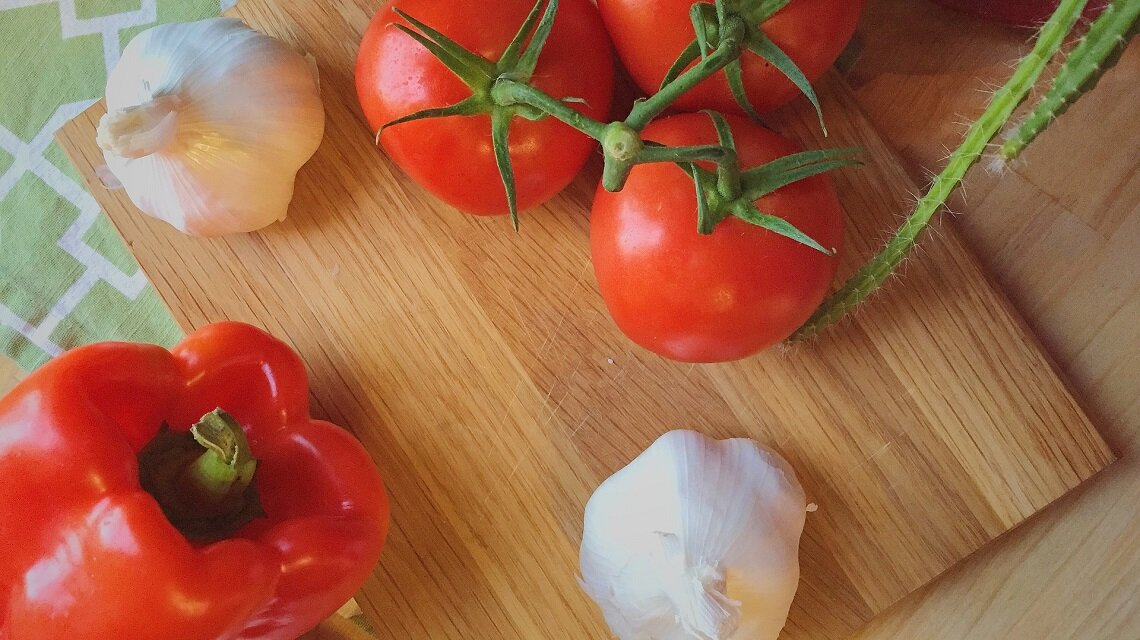Last updated March 28, 2018 at 5:12 pm
A study from the US has found that plant-based vegan diets have lower food loss rates than animal-based diets.

Regardless of your dietary choices, global food security is one of the pressing issues of our near future as our world’s populations continue to grow.
Animal diets tend to be more resource-intensive with food production consumes more gram, calorie, or gram protein compared with food production from plant sources.
Food loss in conventional food practices can have many different pot holes, such as food spoilage and leaky supply chains. However, efficient – or inefficient – dietary choices are not usually included in the equation. Thus, researchers have termed this consumer choice as “opportunity food loss”.
Researchers calculated food loss by estimating the amount of food that could be produced if animal-based items were replaced by nutritionally comparable (i.e. similar protein content) plant-based items in a typical US diet. They looked at individual animal-based food items such as beef, pork, dairy, poultry and eggs, and compared with a plant-based diet.
Cut your losses with a vegan diet
The study found that plant-based alternatives could produce between two to 20 times more nutritionally similar food per acre than animal-based foods, with beef and eggs representing the biggest and lowest of the differences.
The opportunity food losses of beef, pork, dairy, poultry, and eggs are 96%, 90%, 75%, 50% and 40%, respectively. Consistent with other findings, eggs and poultry are the most efficient animal-based food items.
They further calculated that replacing all animal-based products in the average American diet with plant-based alternatives would allow increased food production sufficient to feed approximately 350 million additional people. This alone would exceed the amount of food that would be saved even if all conventional food loss was eliminated.
Other strategies to increase food production include “reducing food loss, increasing agricultural productivity, producing animal-based foods on marginal lands and byproducts, and shifting toward plant-based diets,” write the authors.
Economically, the researchers acknowledge that animal-based food contribute more to the US agricultural GDP than plant-based foods and that an entire shift would likely result in an economic loss. In Australia, it could be the same. The agricultural sector contributes approximately 3% to Australia’s GDP, where our top three commodities are cattle, wheat, and whole milk. However, the researchers calculated that this economic loss could be counterbalanced with reduced disease burden and greenhouse gas emissions in a population on a plant-based diet.
The research was published in Proceedings of the National Academy of Sciences.































































































































































































































































